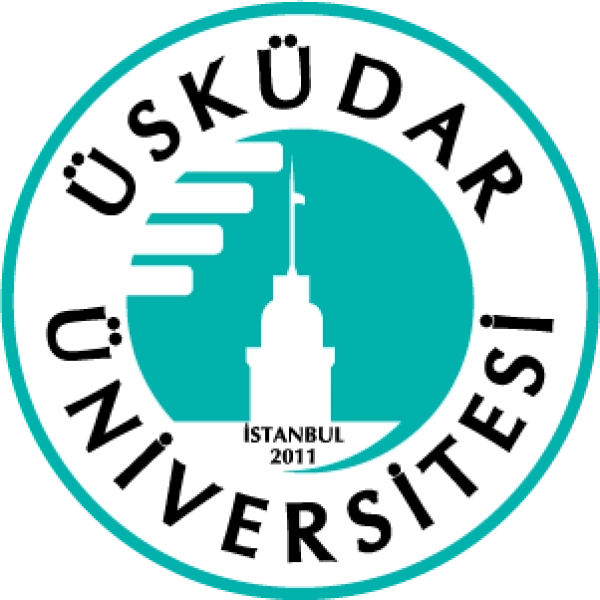College: Engineering
The Fashion Design and Textiles specialization focuses on the creative and artistic aspects of clothing, textiles, and fashion accessories design. Students develop skills in fashion sketching, pattern making, sewing, textile design, and fashion marketing. Graduates are prepared for careers in fashion design, textile design, retail, and various roles within the fashion industry.
Learning Objectives:
- Understand the fundamentals of fashion and textile design.
- Develop skills in fashion sketching, pattern making, sewing, and textile design.
- Learn techniques to create innovative and marketable fashion collections.
- Explore principles of fashion history, trends, and sustainability.
- Analyze and interpret fashion trends and consumer behavior.
- Develop critical thinking, creativity, and artistic skills for effective practice in fashion and textile design.
Main Outline:
- Introduction to Fashion and Textile Design
- Overview of key concepts, principles, and practices in fashion and textile design.
- Basics of fashion history, industry trends, and design processes.
- Fashion Sketching
- Principles of fashion drawing, including techniques for sketching, figure drawing, and digital illustrations.
- Techniques for creating fashion sketches and design presentations.
- Pattern Making and Sewing
- Principles of pattern making, including drafting, grading, and constructing techniques.
- Sewing techniques and garment and accessory construction.
- Textile Design
- Principles of textile design, including fiber types, fabric construction, and surface design.
- Techniques for creating and designing textiles including weaving, knitting, printing, and dyeing.
- Fashion History and Trends
- Principles of fashion history and trends, including historical periods, renowned designers, and trend forecasting.
- Techniques for analyzing and interpreting fashion trends and consumer behavior.
- Sustainability in Fashion
- Principles of sustainability in fashion, including eco-friendly materials, ethical manufacturing, and sustainable design practices.
- Techniques for designing and producing sustainable fashion collections.
- Fashion Marketing and Promotion
- Principles of fashion marketing and promotion including branding, retail strategies, and visual merchandising.
- Techniques for promoting and selling fashion products and collections.
- Practical/Applied Training
- Real-world experiences in fashion and textile design settings, including hands-on training in design studios, fashion houses, or retail companies.
- Application of acquired skills in practical fashion and textile design scenarios.
- Capstone Project in Fashion and Textile Design
- A comprehensive project applying skills in fashion sketching, pattern making, textile design, or fashion marketing.
- Delivery of a refined fashion collection, design portfolio, or marketing campaign.
Evaluation Methods:
- Fashion sketch projects, pattern making and sewing assignments, textile design projects, fashion history and trend analysis, sustainability in fashion projects, fashion marketing and promotion plans, internship reports, capstone projects, group projects, and presentations.
Recommended Textbooks:
- "Fashion and Textile Design" by various authors.
- "Fashion Sketching" by various authors.
- "Pattern Making and Sewing" by various authors.
- "Textile Design" by various authors.
- "Fashion History and Trends" by various authors.
- "Sustainability in Fashion" by various authors.
- "Fashion Marketing and Promotion" by various authors.
Prerequisites:
Basic knowledge of art and design and an interest in fashion and textile design.
Duration of the Specialization:
The bachelor's degree typically takes 4 years to complete, including coursework, design projects, internships, and capstone projects. For advanced practice, pursuing a master's degree in fashion and textile design or a related field usually takes an additional one to two years.
Certification:
Graduates can obtain a degree in fashion and textile design and pursue higher education or acquire professional certificates in specialized areas of fashion design, textile design, or fashion marketing.
Target Audience:
Aspiring fashion designers, textile designers, fashion retailers, and professionals seeking careers in fashion design studios, fashion houses, retail companies, and various roles within the fashion industry. This specialization equips students with the creative, artistic, and business skills necessary to excel in fashion and textile design, supporting careers in various design, promotion, and marketing roles within the fashion industry.





